From sold-out arenas and luxury limos to backstage champagne and screaming fans, the rockstar lifestyle is often painted as the ultimate dream. However, the painful truth lurking beneath the glamor is rarely discussed. For many, the rockstar lifestyle might not make it because it is built on chaos, pressure, and unsustainable extremes.
While the world romanticizes the music scene, rockstars often face a brutal cocktail of mental health breakdowns, addiction, emotional isolation, financial downfall, and toxic industry expectations. In this in-depth exploration, we uncover the reality of why the rockstar lifestyle might not make it, and how a new generation of artists is rewriting the rules.
The Seductive Allure of the Rockstar Dream
There’s no denying the magnetism of the rockstar image. It’s one of freedom, power, rebellion, and passion. The media glorifies these icons clad in leather, guitar in hand, spotlight blazing as gods of the modern world. But behind this crafted image lies relentless pressure and personal disintegration.
Rockstars are expected to live large and loud never tired, never sad, never off-duty. The problem is, this lifestyle becomes a trap. When you live to entertain, when every move is scrutinized, where does the person end and the persona begin.
Mental Health: The Silent Struggle Behind the Sound
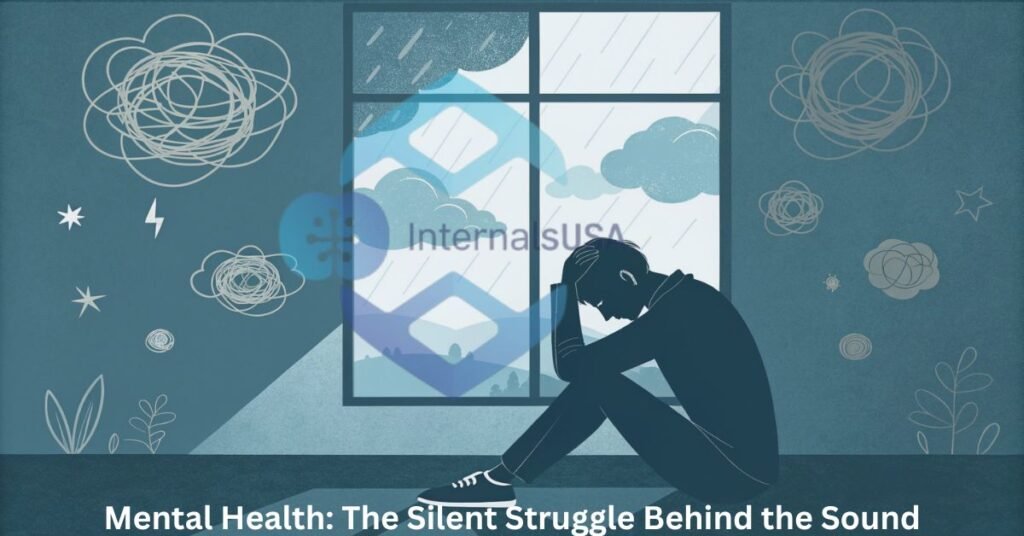
It’s no coincidence that mental health issues are disproportionately high among musicians. The expectations to constantly create, perform, and stay relevant breed anxiety, insomnia, depression, and self-doubt. Many rockstars suppress their pain behind alcohol or drugs. Others isolate themselves, unable to share their true feelings for fear of seeming “weak.”
This leads to chronic loneliness and severe psychological distress. Famous cases like Kurt Cobain, Amy Winehouse, and Chris Cornell aren’t just individual tragedies they’re systemic warnings. They exemplify why the rockstar lifestyle might not make it in a healthy society.
The Addiction Epidemic in the Music World
The phrase “sex, drugs, and rock n’ roll” isn’t just catchy it’s alarmingly accurate. Substance abuse is often seen as part of the package deal. The lifestyle normalizes excess: drinking to relax, pills to sleep, stimulants to keep going.
Over time, what began as coping becomes dependence. Many artists spiral into addiction some recover, many do not. The tragic deaths of icons like Janis Joplin, Jimi Hendrix, and Prince show how destructive this lifestyle can be.
Why does the rockstar lifestyle encourage addiction?
- It glamorizes risky behavior.
- There is constant access to substances.
- Little accountability or intervention.
- Artists are under constant pressure to perform.
Financial Collapse Despite Fame
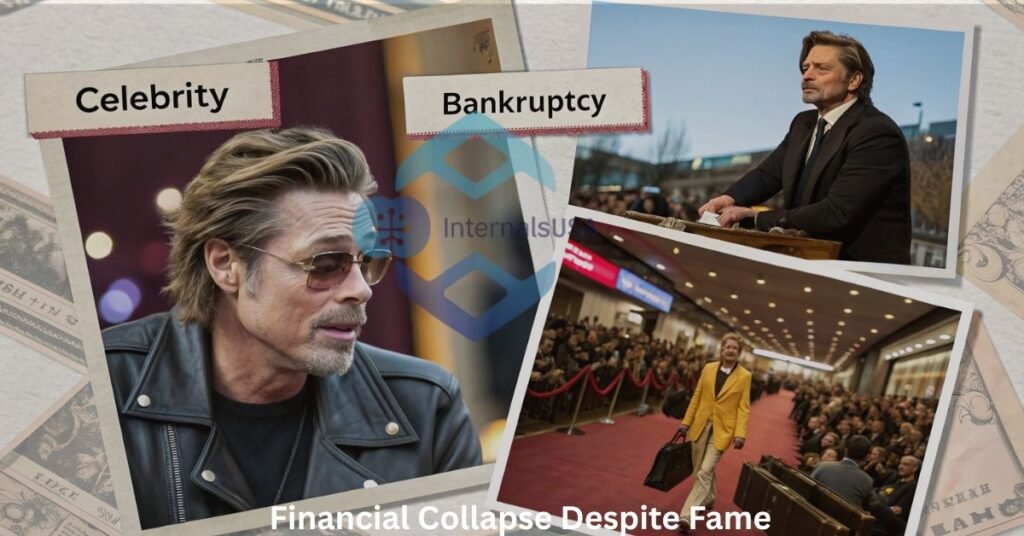
Another little-known aspect of the rockstar downfall is financial mismanagement. While musicians often sign multi-million dollar deals, few understand the fine print. Lavish spending, shady contracts, greedy managers, and lack of financial education lead many artists to bankruptcy.
Examples:
- MC Hammer lost over $30 million in earnings.
- Billy Joel sued his former manager for fraud.
- TLC, despite platinum albums, filed for bankruptcy.
Even at the peak of their careers, many artists are trapped in debt cycles due to poor budgeting, legal disputes, and reckless spending.
Toxic Relationships and Emotional Isolation
Romance and family life often suffer under the weight of the rockstar lifestyle. Constant touring and public scrutiny place immense strain on personal connections. Marriages fail. Friendships fade. Many artists report feeling “completely alone” despite being surrounded by adoring fans.
Why? Because fame changes how people treat you. It becomes hard to know who’s real. True intimacy fades in a sea of superficiality. Isolation becomes the new normal.
6. Physical Health Degradation
The body can only withstand so much. Irregular sleep, poor diet, stress, and substance abuse weaken the immune system and accelerate aging. Many musicians experience chronic health issues from the strain of their careers.
Voice loss, hearing damage, weight fluctuation, heart problems, liver disease—these aren’t rare but common among aging rockstars. And yet, most feel compelled to push forward, ignoring warning signs until it’s too late.
Creative Burnout and Identity Crisis
Being creative on demand is draining. When the joy of making music becomes a job filled with deadlines, ratings, and critics, many lose the spark that made them start in the first place.
As trends shift and fame fades, artists often grapple with identity crises. If you’re no longer in the spotlight, who are you? This existential question plagues many who build their entire self-worth on fame.
Media Manipulation and Image Control
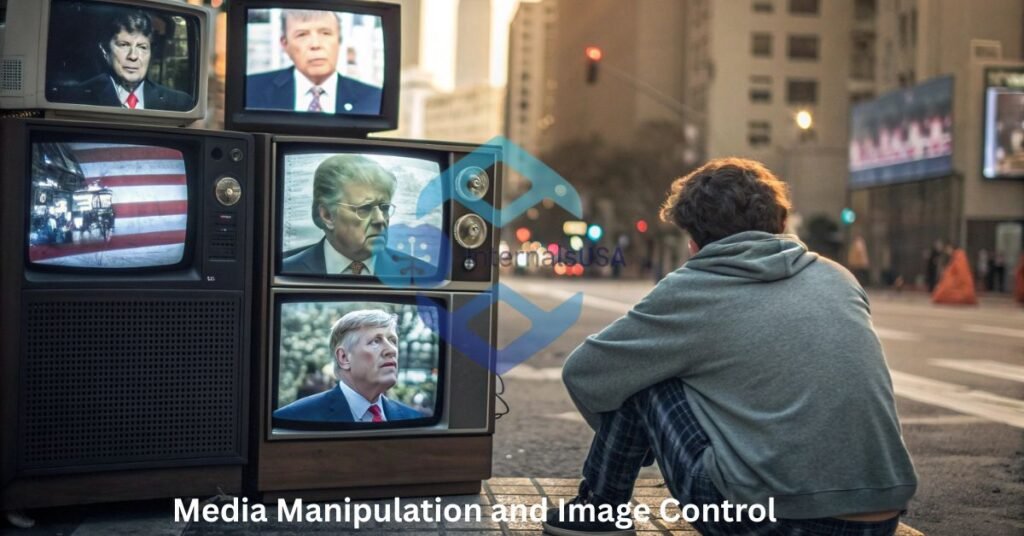
In the age of social media, rockstars are under constant surveillance. Every tweet, outfit, statement, or stumble becomes viral news. The pressure to be perfect—not just musically, but socially and politically is overwhelming.
This overexposure breeds anxiety and paranoia. Some artists retreat completely, deleting accounts or disappearing from public view. Others spiral while trying to keep up with fan expectations and trends.
Why the Rockstar Lifestyle Might Not Make It
The rockstar lifestyle, once celebrated, is now increasingly viewed as a cautionary tale. It’s unsustainable not because rockstars lack resilience, but because the system rewards excess and punishes balance. The cost of success shouldn’t be your sanity, health, or life.
The industry needs a reset where creativity is nurtured, mental health is prioritized, and artists are allowed to be human. The rockstar lifestyle might not make it because it was built for spectacle, not sustainability.
The New Wave: Healthier Rockstar Archetypes
Thankfully, change is happening. A new generation of artists is redefining what it means to be a rockstar:
- Lady Gaga speaks openly about mental health and trauma.
- Billie Eilish prioritizes therapy and boundaries.
- Ed Sheeran balances fame with family and mindfulness.
Musicians are now advocating sobriety, meditation, fitness, therapy, and spiritual growth. They are rejecting toxic norms and embracing longevity.
The Pressure to Stay Relevant in a Fast-Changing Industry
The rockstar lifestyle might not make it when artists are expected to constantly evolve their image, genre, and sound to meet fleeting trends.
Fame Without Freedom: The Reality of Constant Surveillance
Many rockstars sacrifice privacy and freedom for fame highlighting yet another reason why the rockstar lifestyle might not make it in today’s world.
The Myth of the “Forever Young” Rockstar Image
Aging in an industry obsessed with youth creates anxiety and leads to unhealthy attempts to preserve a youthful image physically and musically.
When Passion Becomes Pressure: The Cost of Turning Art into Obligation
Music, once a joy, becomes an obligation driven by record labels, tour managers, and fan demands. The rockstar lifestyle might not make it when joy fades.
False Friends and Industry Betrayals
Surrounded by opportunists, many artists lose touch with reality. The emotional fallout from betrayals and toxic friendships can derail careers and lives.
The Burden of Being a Role Model
Fame brings responsibility, yet many rockstars are unprepared to handle the moral expectations placed on them by fans, society, and the media.
Rockstar Burnout: Stories from the Edge
True stories of burnout and breakdown both from famous names and rising stars serve as proof that the rockstar lifestyle might not make it without change.
Fans, Fame, and the Illusion of Connection
Even with millions of fans, artists often feel emotionally disconnected. Social media can increase loneliness instead of curing it.
The Comeback Trap: Pressure After a Fall
Fallen stars are expected to make a perfect comeback, but the mental and emotional toll of doing so can be devastating.
Toward a Sustainable Music Career: What Needs to Change
The industry must evolve to protect its artists. Health insurance, wellness coaching, balanced schedules, and support groups are the future.
Living on the Edge: The Addiction to Adrenaline
The constant high of performing in front of thousands becomes addictive—leading many to chase dangerous thrills off-stage.
From Studio to Stage: The Exhausting Cycle of Creation
Writing, recording, promoting, and touring on repeat leaves little room for rest, reflection, or recovery highlighting why the rockstar lifestyle might not make it long-term.
Broken Promises and Industry Exploitation
Record labels often exploit young talent with binding contracts, robbing them of creative control and long-term financial gains.
When the Music Dies: Dealing With Career Decline
Many artists struggle emotionally and financially when the spotlight fades, proving that the rockstar lifestyle might not make it beyond its peak.
Escaping the Persona: Reclaiming Identity Off Stage
The constant performance of a public image can disconnect artists from their true selves, causing inner turmoil and confusion.
The Toxic Legacy of Rockstar Culture
Decades of glorifying reckless behavior have influenced generations, perpetuating a culture of danger and denial in music.
Touring Trauma: The Toll of Life on the Road
Endless travel, jet lag, poor nutrition, and no real home base often lead to physical and psychological exhaustion.
Overstimulated and Undervalued: The Creative Paradox
Rockstars are expected to be endlessly innovative, yet their art is often commodified, leading to deep personal dissatisfaction.
Longevity vs. Loudness: Choosing a Career That Lasts
Artists must decide: burn bright and short, or slow and sustainable? The rockstar lifestyle might not make it for those choosing the former.
Learning from Legends: Lessons from Rockstars Who Survived
Artists like Elton John, Steven Tyler, and Ozzy Osbourne overcame personal demons proving that change is possible even within chaos.
FAQs
Why do people say the rockstar lifestyle might not make it?
Because it often involves unsustainable behaviors like substance abuse, mental health neglect, and emotional burnout that can lead to long-term damage or early death.
Can a rockstar live a balanced and healthy life?
Yes. Many modern musicians are now embracing self-care, therapy, and healthier routines while maintaining successful careers.
What are some signs that the rockstar lifestyle is harmful?
Addiction, depression, physical exhaustion, poor finances, and broken relationships are all red flags that the lifestyle is becoming destructive.
How has the rockstar lifestyle changed over the years?
While older generations leaned into excess, newer artists are promoting authenticity, health, and mental well-being, breaking away from old stereotypes.
Is the rockstar lifestyle still idolized today?
Yes, but with growing awareness, fans and artists alike are starting to question its consequences and seek healthier definitions of success.
Conclusion
In today’s data-driven, globalized, and creative world, Nameberry is the gold standard for name discovery. It blends expert curation, real-time analytics, and deep cultural context into a seamless experience. Whether you’re a new parent searching for a meaningful baby name, a novelist bringing characters to life, or a brand builder crafting an identity Nameberry is your creative partner.
With its intuitive tools, vibrant community, and comprehensive name library, Nameberry makes the naming process less stressful and far more inspired. In the end, choosing a name is choosing an identity, a legacy, and a beginning. With Nameberry, you’re never alone in that journey.
Also Read
The Rich and Famous Lifestyle: A Deep Dive Into Luxury and Legacy
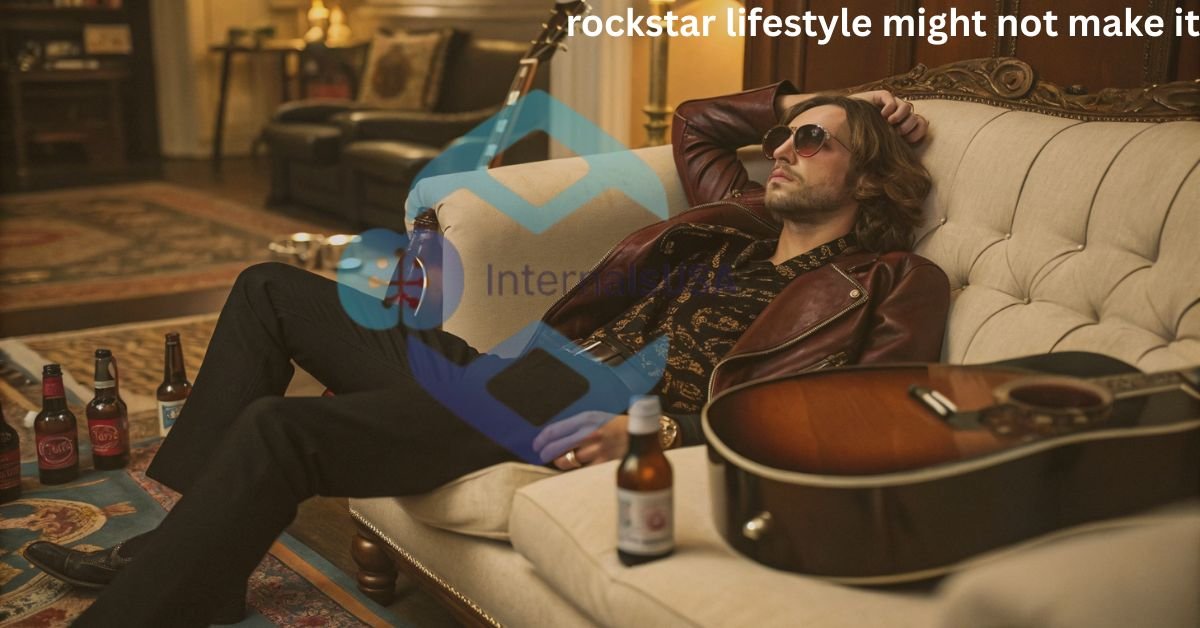


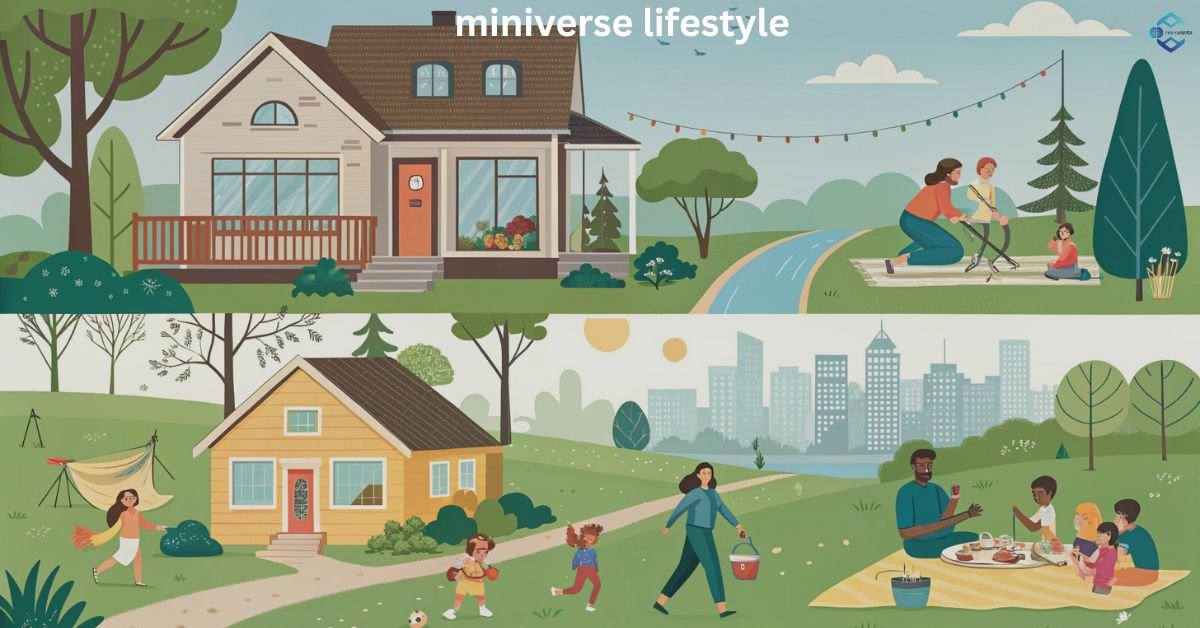
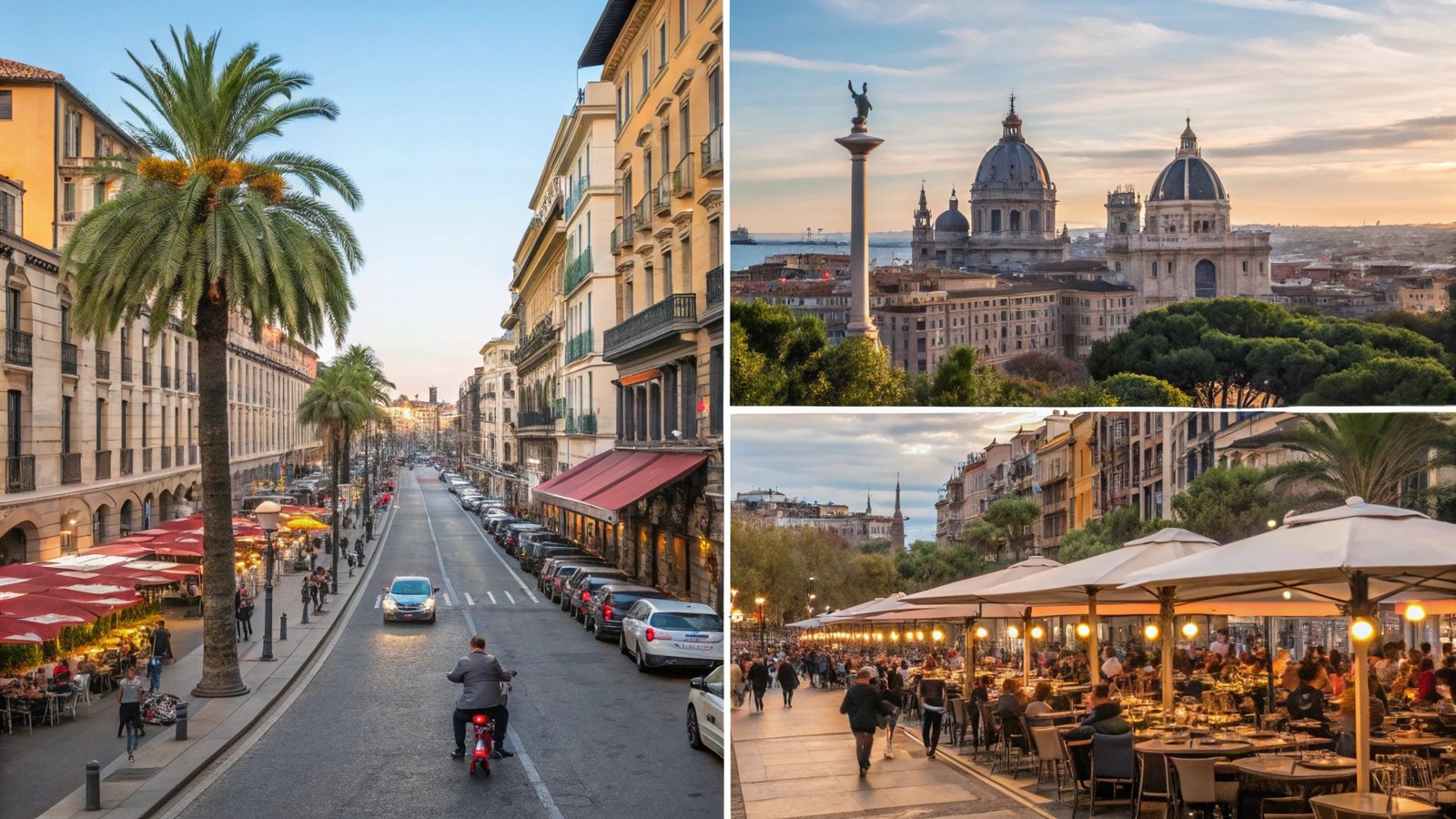



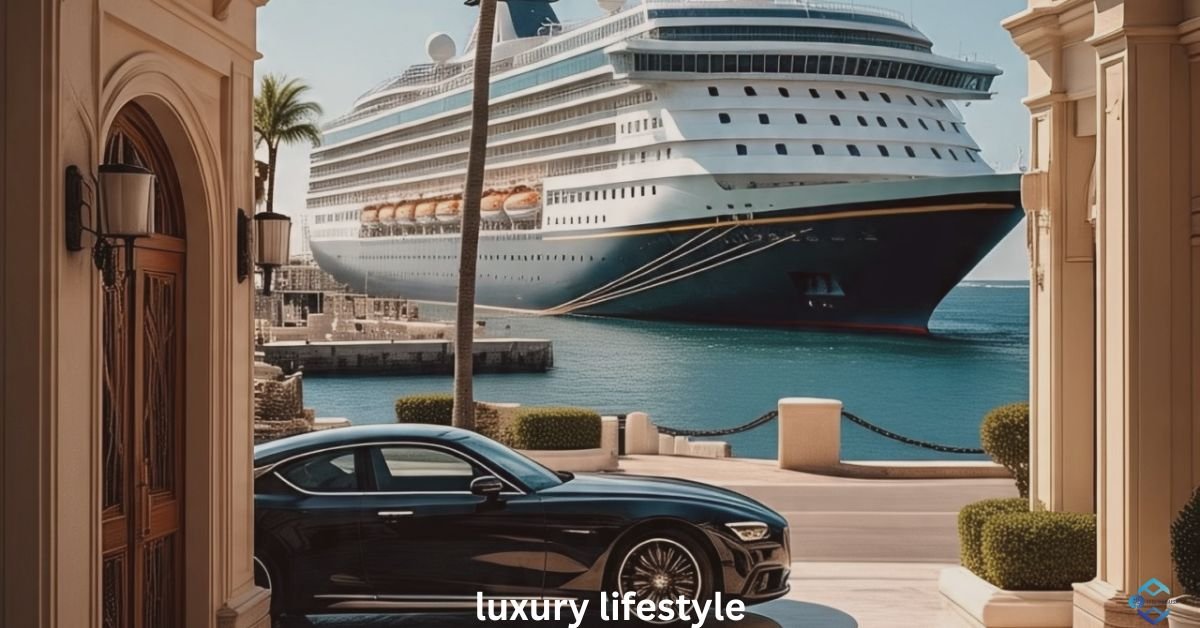




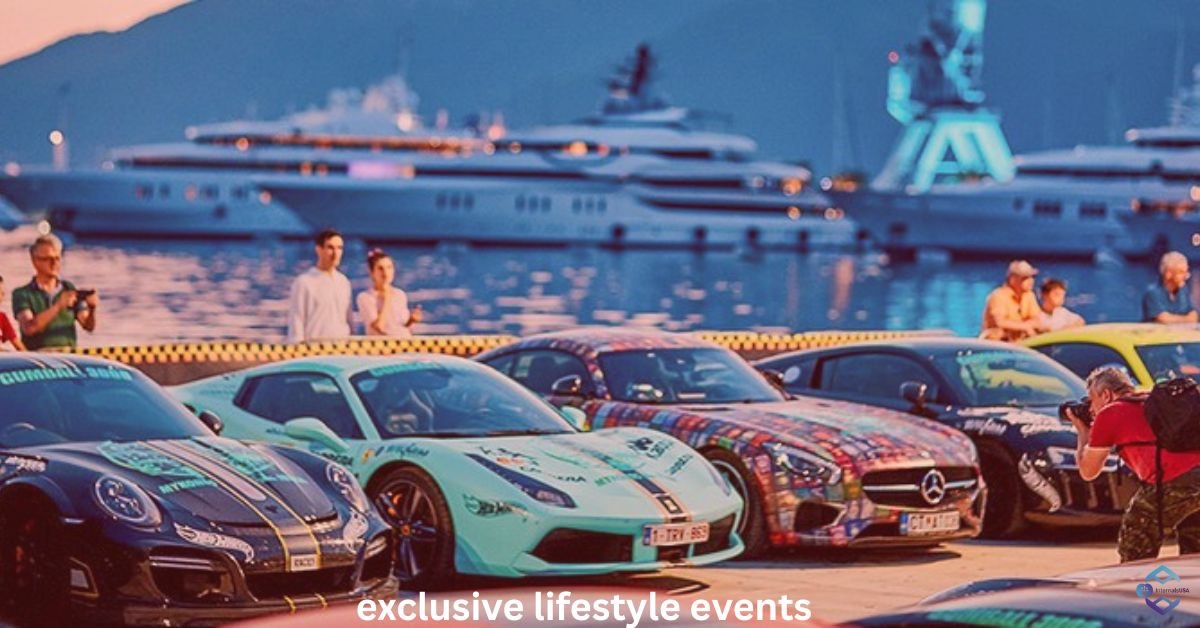




Leave a Reply